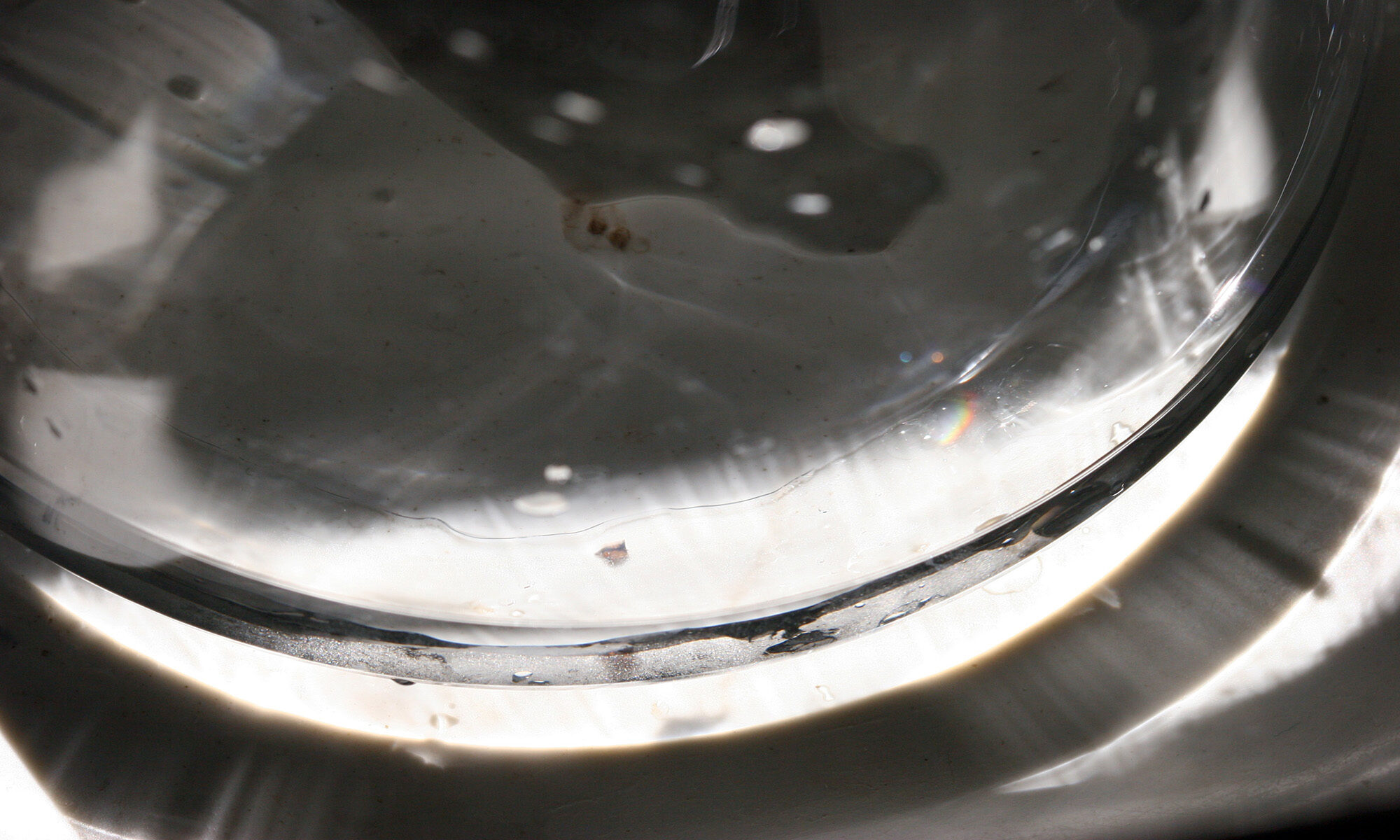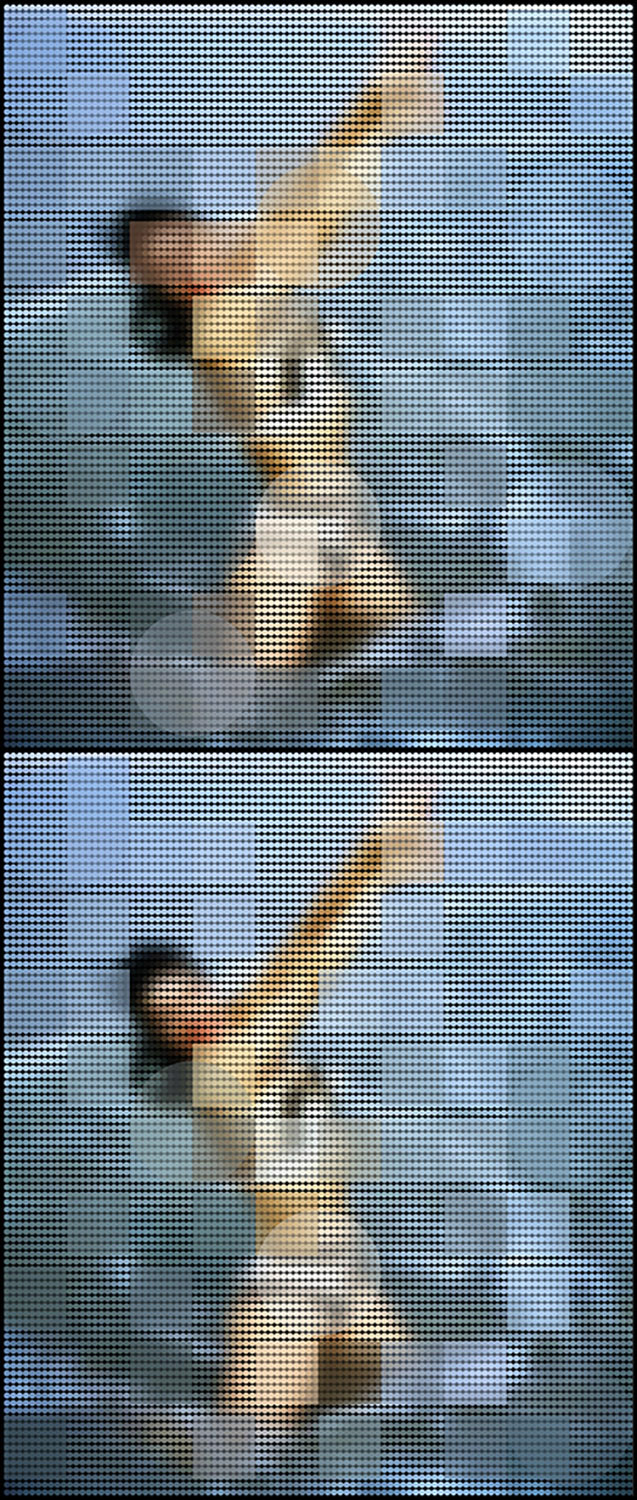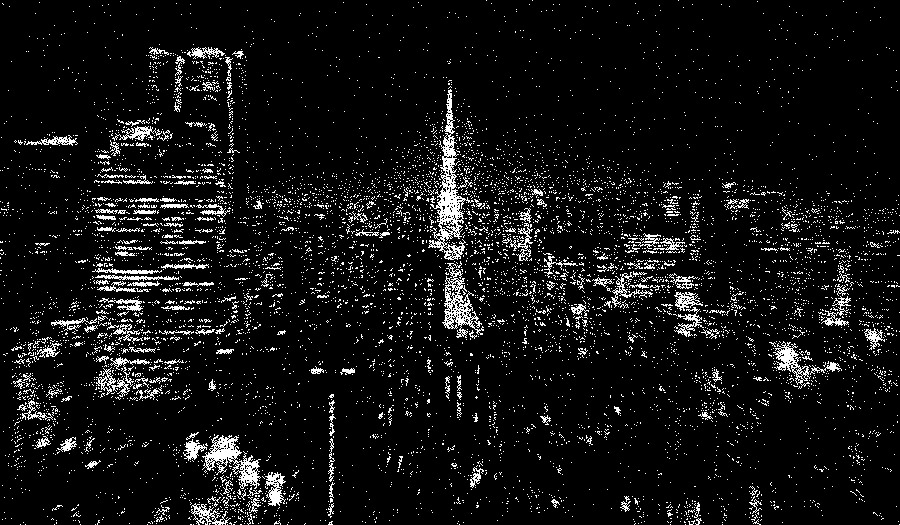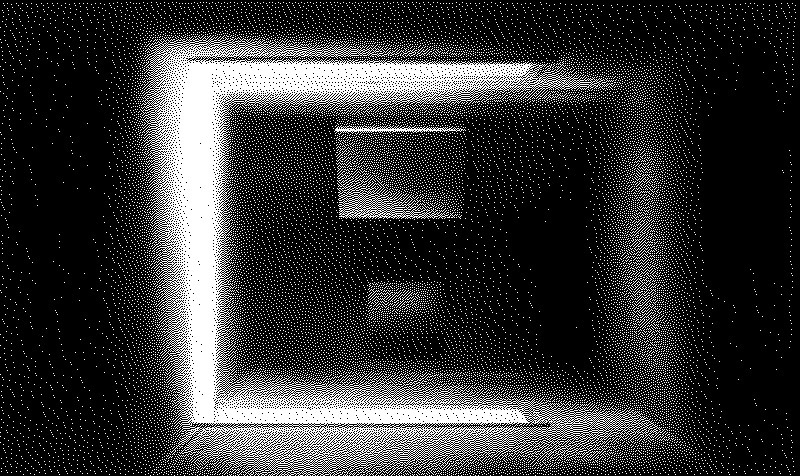
Everything is now understandable. It’s odious, that I understand…. Better if I understood nothing, better if, upon regaining consciousness, I shrugged my shoulders and climbed out of the bath. Would it have been understandable to Strogoff and Einstein and Petrarch? Imagination is a priceless gift, but it must not be given an inward direction. Only outward, only outward… What a tasty worm some corrupter has dropped from his rod into this stagnant pool! And how accurately timed! Yes indeed, if I were commander of Wells’ Martians, I would not have bothered with fighter tripods, heat rays, and other such nonsense. Illusory existence … no, this is not a narcotic, a narcotic has a long way to go to approach it. In a way this is exactly appropriate. Here. Now. To each time its own. Poppy seeds and hemp, the kingdom of sweet blurred shadows and peace — for the beggar, the worn-out, the downtrodden… But here no one wants peace, here no one is dying of hunger, here is simply a bore. A well-fed, well-heated, drunken bore. It’s not that the world is bad, it’s just plain dreary. World without prospects, world without promise. But in the end man is not a carp, he still remains a man. Yes, it is no kingdom of shades, it is indeed the real existence, without detraction, without dreary confusion. Slug is moving on the world and the world will not mind subjecting itself to it.
今理解 すべて薄味 自己への風
心の虫 湖に落とされ 時適切
平和拒む 飽きた世界では 人は人
新しい感覚 長く隠されて 奇跡への希望
金が救わぬ 自己依存の穴 奇跡の確信
Some strange and very new sensation was slowly filling him. He realized that this sensation wasn’t actually new, that it had long been hiding somewhere inside him, but he only now became aware of it, and everything fell into place. And an idea, which had previously seemed like nonsense, like the insane ravings of a senile old man, turned out to be his sole hope and his sole meaning of life. It was only now that he’d understood—the one thing that he still had left, the one thing that had kept him afloat in recent months, was the hope for a miracle. He, the idiot, the dummy, had been spurning this hope, trampling on it, mocking it, drinking it away—because that’s what he was used to and because his whole life, ever since his childhood, he had never relied on anyone but himself. And ever since his childhood, this self-reliance had always been measured by the amount of money he managed to wrench, wrestle, and wring out of the surrounding indifferent chaos. That’s how it had always been, and that’s how it would have continued, if he hadn’t found himself in a hole from which no amount of money could rescue him, in which self-reliance was utterly pointless. And now this hope—no longer the hope but the certainty of a miracle—was filling him to the brim, and he was already amazed that he’d managed to live in such a bleak, cheerless gloom …
At this paint, finally, I understood that all this was extraordinarily amusing. Everyone laughed. There was lots of room around me and music thundered forth. I swept up a charming girl and we began to dance, as they used to dance, as dancing should be done and was done a long, long time ago, as it was done always with abandon, so that your head swam, and so that everyone admired you. We stepped out of the way, and I held on to her hands, and there was no need to talk about anything, and she agreed that the van driver was a strange man. Can’t stand alcoholics, said Rimeyer, and pore-nose is the most genuine alcoholic, and what about Devon I said, how could you be without Devon when we have an excellent zoo, the buffaloes love to wallow in the mud, and bugs are constantly swarming out of it. Rim, I said, there are some fools who said that you are fifty years old — such nonsense when I wouldn’t give you over twenty-five — and this is Vousi, I told her about you, but I am intruding on you, said Rimeyer; no one can intrude on us, said Vousi, as for Seus he’s the best of Fishers, he grabbed the splotcher and got the ray right in the eye, and Hugger slipped and fell in the water and said — wouldn’t it be something for you to drown — look your gear are melting away, aren’t you funny, said Len, there is such a game of boy and gangster, you know, you remember we played with Maris… Isn’t it wonderful, I have never felt so good in my life, what a pity, when it could be like this every day. Vousi, I said, aren’t we great fellows, Vousi, people have never had such an important problem before, and we solved it and there remained only one problem, Vousi, the sole problem in the world, to return to people a spiritual content, and spiritual concerns, no, Seus, said Vousi, I love you very much, Oscar, you are very nice, but forgive me, would you, I want it to be Ivan, I embraced her and felt that it was right to kiss her and I said I love you…
Continue reading “The Final Roadside Circle of Picnic Paradise”



